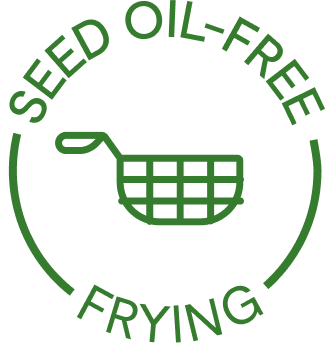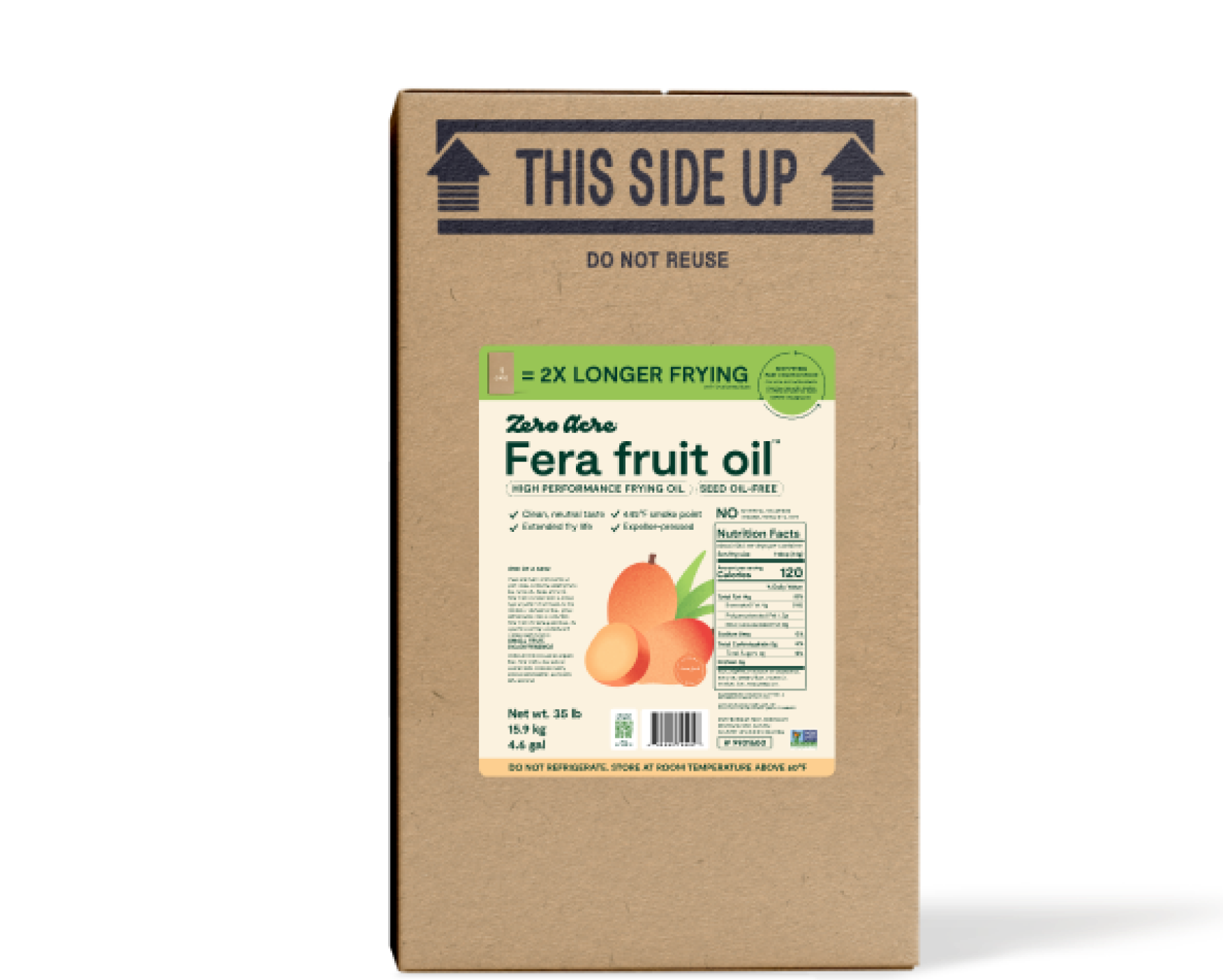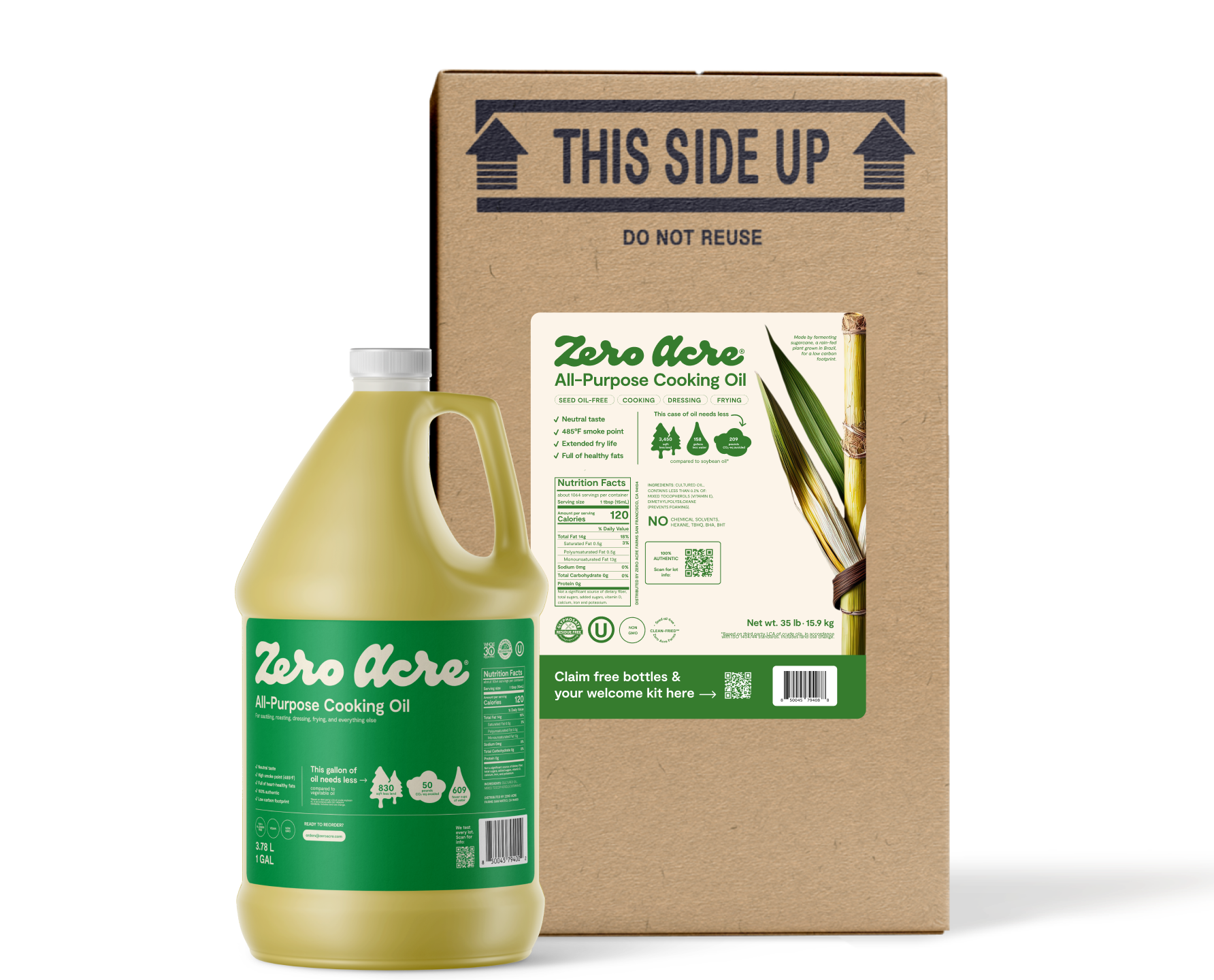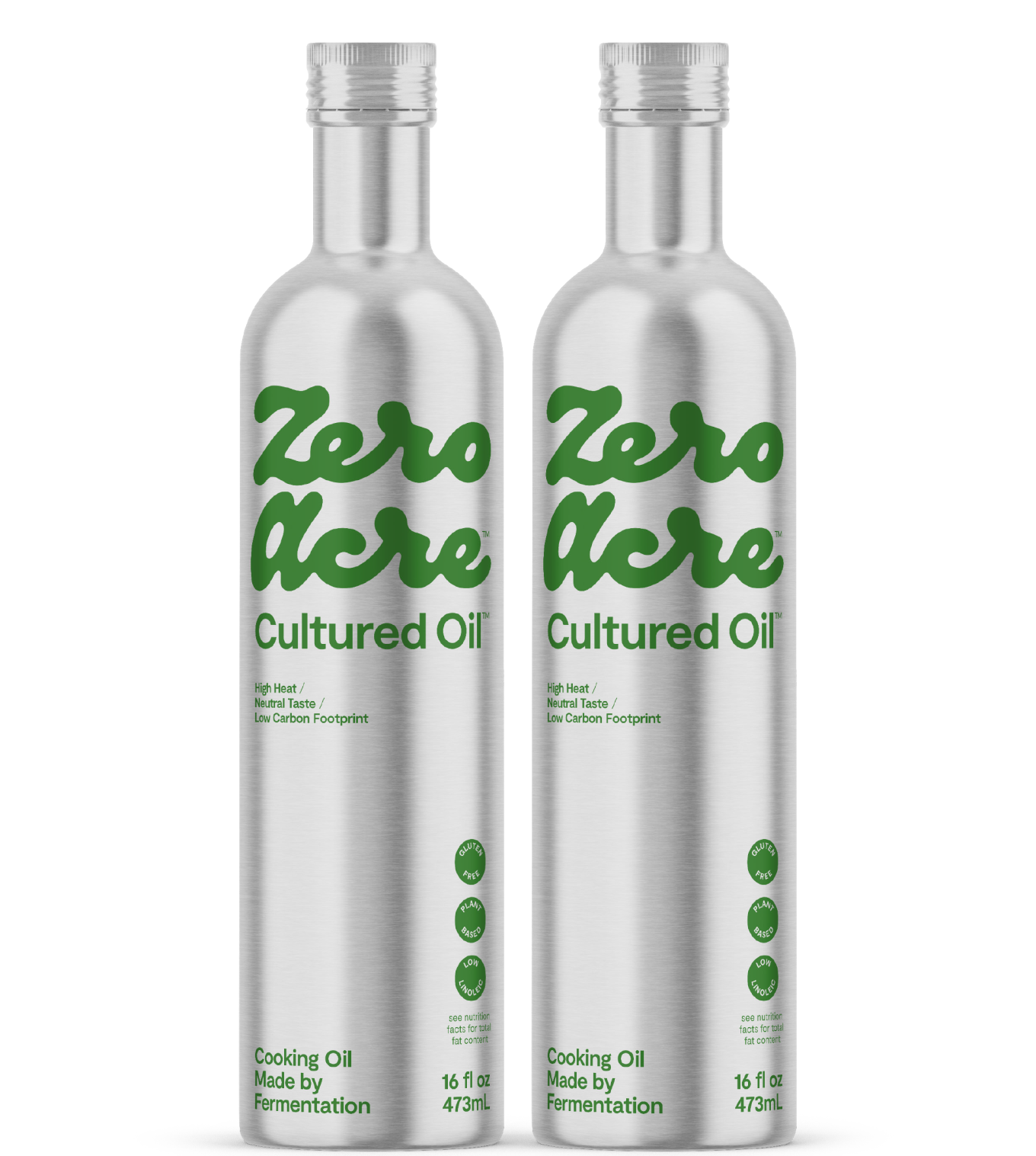WRITTEN BY: The Zero Acre Editorial Team
Interview at a Glance
At Zero Acre, we’re always excited to pick the brains of experts in health, wellness, biology, and physiology. In this exclusive Q&A with Dr. Molly Maloof, we talk all about seed oils, cellular health, hormones, and her brand-new book, The Spark Factor.
About Dr. Molly Maloof
Dr. Molly Maloof is passionate about extending healthspan through her medical practice, personal brand, entrepreneurial and educational endeavors. She optimizes health and provides personalized medicine to world-class entrepreneurs, investors, and executives. Dr. Maloof is on the frontier of digital health technologies, biofeedback-assisted lifestyle interventions, psychedelic medicine, and science-backed wellness products and services.

How did you first become interested in health?
I’ve been interested in health for pretty much my entire life since I was a child. I wasn’t a super healthy kid. I regularly got pneumonia, sore throats, tonsillitis, etc. I think being unwell made me more interested in becoming a doctor. I made that decision as a 5th grader and, since then have been dedicated to understanding human suffering and how to remedy it.
How has your health journey or your health philosophies evolved over the years?
I have to say the pandemic certainly woke me up to the reality of how hard it is to be healthy in different parts of America. I spent 10 years in California, where it is easier to be healthy because of the incredible access to high-quality food. Living in Illinois and Florida made me become a modern-day hunter and gatherer. I dug into my dad’s venison and went out of my way to source grass-fed meat. I learned to forage and find farmers' markets everywhere I traveled. It wasn’t nearly as easy as living on the West Coast, but I figured it out.
Your new book “The Spark Factor” is a program for women to revive their lost energy and vitality. If you could distill the top reasons why women lose their spark into a few sentences, what would they be?
The big one is that eating the wrong foods over many years will degrade your metabolism. But on top of that I think the amount of alcohol women are consuming these days is totally detrimental to health.
I rarely drink, even on vacation. It’s just not worth the health costs anymore. Then there’s stress. Women’s bodies are super sensitive to stress because of our hormonal fluctuations. Yet, we are living these modern lives filled with tons of stress from all directions. Stress is not good or bad, it’s part of life, but chronic stress does drain the batteries and dim our spark. I go into metabolism and stress at length in the book, along with the importance of movement and maintaining connection.
Should men be concerned about the same things?
Yes, of course, men also need to pay attention to what they eat, how they move, their stress levels and especially their connection. Women are wired for connection, but men often forget about this part of their lives.
The craziest statistic I read recently was that 1 in 5 men don’t have any friends. That made me really sad. Somewhere around 1 in 10 women don’t either. We all need a tribe of people we can love and trust if we want to thrive in the face of adversity. But, it seems like men are more disconnected than women and have higher rates of suicide as well.
Do you remember when you first became aware of high PUFA diets and the dangers of vegetable oils?
Yes, in medical school, I learned about omega 3:6 balance, but at the time, it wasn’t common knowledge. I realized personally when I increased my omega 3’s and reduced my omega 6’s how much my skin improved and how it kept my skin from burning in the sun on hot summer days.
In your opinion, what’s the biggest risk factor when it comes to high PUFA diets and health? Specifically, women’s health?
PUFAs that come from fried foods, certain packaged and processed foods, and fast foods are toxic to health because they are highly oxidized. If you want to have proper mitochondrial function and optimal fertility, you have to limit these foods as much as possible and find other sources of fats to consume instead. This is why I love Zero Acre Farms!
Can you explain the connection between PUFAs, oxidation, and cell health?
Here’s an excerpt from the book on the topic:
“If there is one kind of fat you want to examine your intake around, it’s vegetable oil. I don’t believe on its own that it’s necessarily poisonous or as problematic for health as many people claim, but I think it’s important to look at the potentially negative health effects of excessive intake of vegetable oil, and the consumption of rancid vegetable oil (which could happen during extraction, storage, and repeated frying).
Today, vegetable oil is a highly refined, industrially processed food product. A hundred years ago, vegetable oil made up a tiny portion of the American diet. We are now consuming significantly more calories from industrially produced vegetable oils, especially soybean, canola, cottonseed, and corn oil, and this has resulted in people now consuming over five hundred calories — about 20 percent of their calories — from vegetable oil every day. That’s a lot. Globally, more vegetable oil is produced than poultry, beef, cheese, and butter combined. It’s the most consumed food in the world after rice and wheat.
Furthermore, because so much vegetable oil that is consumed has gone rancid due to factory processing, poor shelf stability, or oxidation with repeated frying, it’s even more damaging to health. Fried food is delicious, but it is one of the worst things we can consume. The negative effects on health, it is believed, are largely due to consuming heated vegetable oil in the context of fast food and processed snack foods like chips. We know these foods aren’t healthy. Are vegetable oils like canola oil on their own toxic to health? Probably not. But consuming vegetable oils in excess, eating fried foods, and binging on ultra-processed snack foods and fast foods certainly is.”

Why is it so important to learn about cellular health?
Mitochondria are the power plants of the cells and the signal transducers, so they decide how much energy we have and where it goes to do work on a cellular level. If you break these organelles by eating the wrong foods in the wrong amounts, you will end up with lower energy and less capacity for your body to repair itself and maintain normal cellular functions. Without energy, our “spark” dims, and we end up tired, sick, and with signs of chronic disease.
If you could give people one simple tip to feel more energetic quickly, what would it be?
If you don’t sleep well, it’s time to start prioritizing sleep! And, if you sleep well, but you don’t exercise yet, it's time to start that too! But, the simplest tip for maintaining better health is to connect more with friends and your community and to avoid isolating yourself as much as possible. Social connection fuels the best health, but it’s totally overlooked.
What does a typical day of eating look like for you?
Wake up, meditate, brush my teeth, make some hot beverage of some sort, read the Wall Street Journal, do some stretching, exercise, and then shower, take supplements and start work.
Then I work throughout the day and take breaks for meals and movement and making more elixirs. Then in the evening, I wind down around 8 and do my evening routine of biohacking recovery using different devices, sometimes taking a bath, doing my skincare routine, doing some prayer and visualization in bed, and getting a lot of rest. I sleep more in the winter and I think it’s a superpower.
Thank you, Dr. Molly Maloof, for sharing your time and experience with the Zero Acre Blog! If you’re interested in Dr. Maloof’s work, check out her work or order her newest book, The Spark Factor: The Secret to Supercharging Energy, Becoming Resilient, and Feeling Better Than Ever.
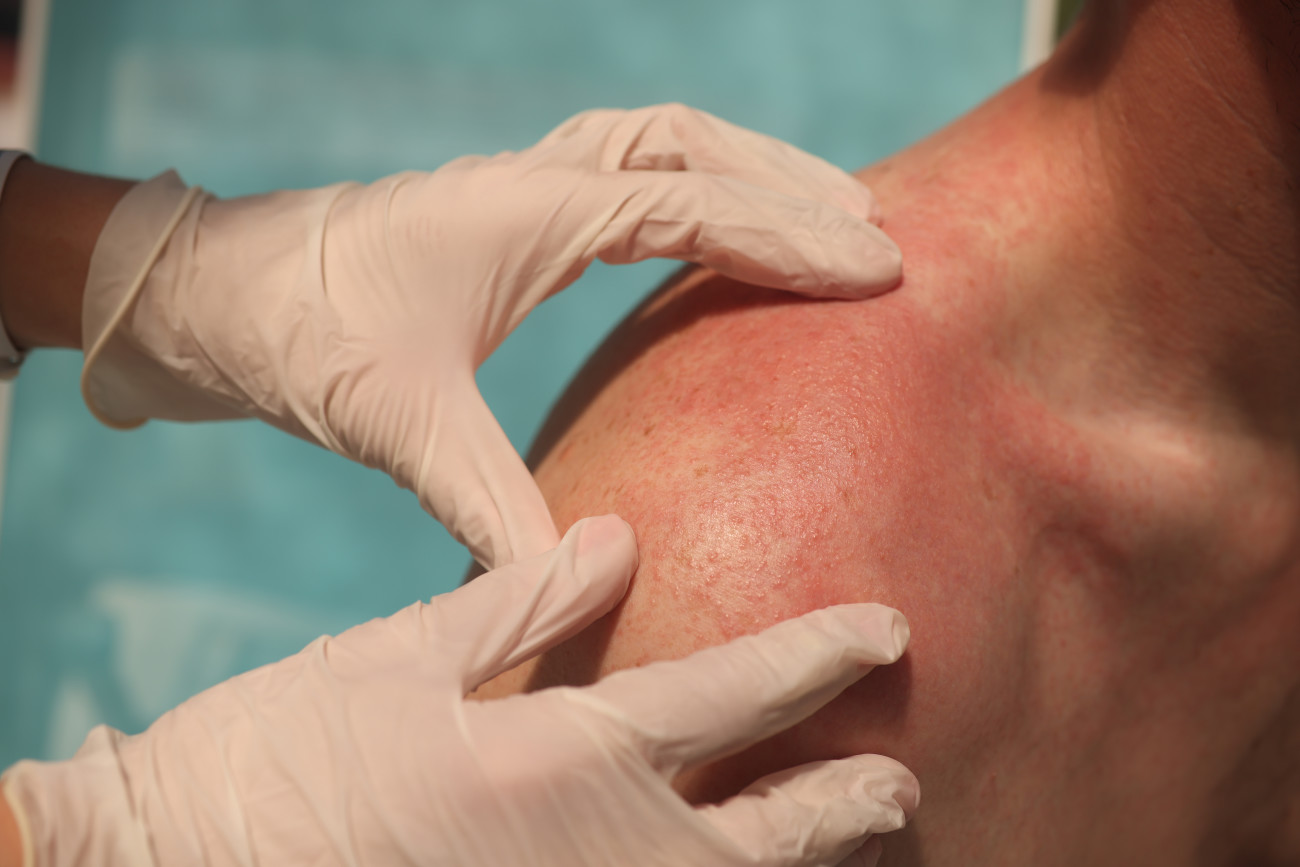
Are Seed Oils Bad For Your Skin? What to Eat and What to Avoid
Omega-6 seed oils like soybean oil, sunflower oil, and corn oil are linked with skin aging and conditions like acne, eczema, psoriasis, and melanoma.
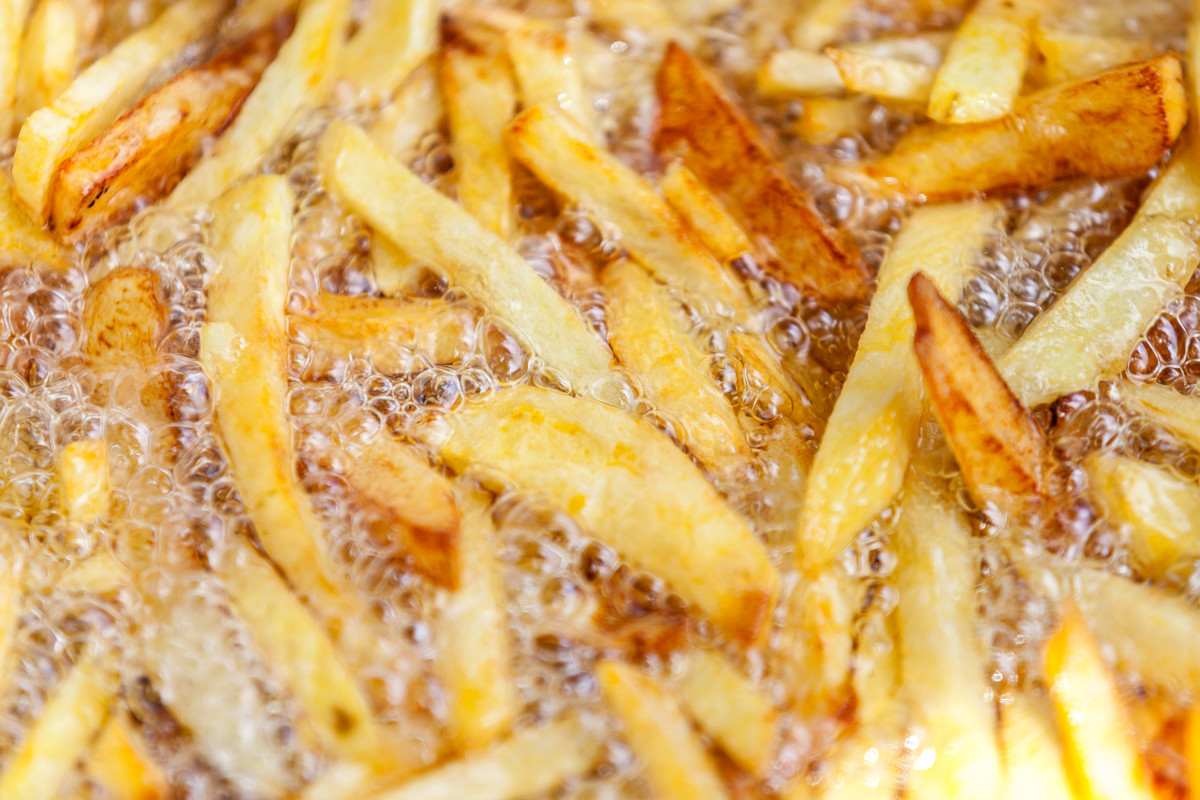
Why Are Fried Foods Bad for You? (The Real Reason)
Restaurants reuse cooking oil hundreds of times, creating harmful compounds like acrylamides, toxic aldehydes, hydroxylinoleate, free radicals, and trans fats.

